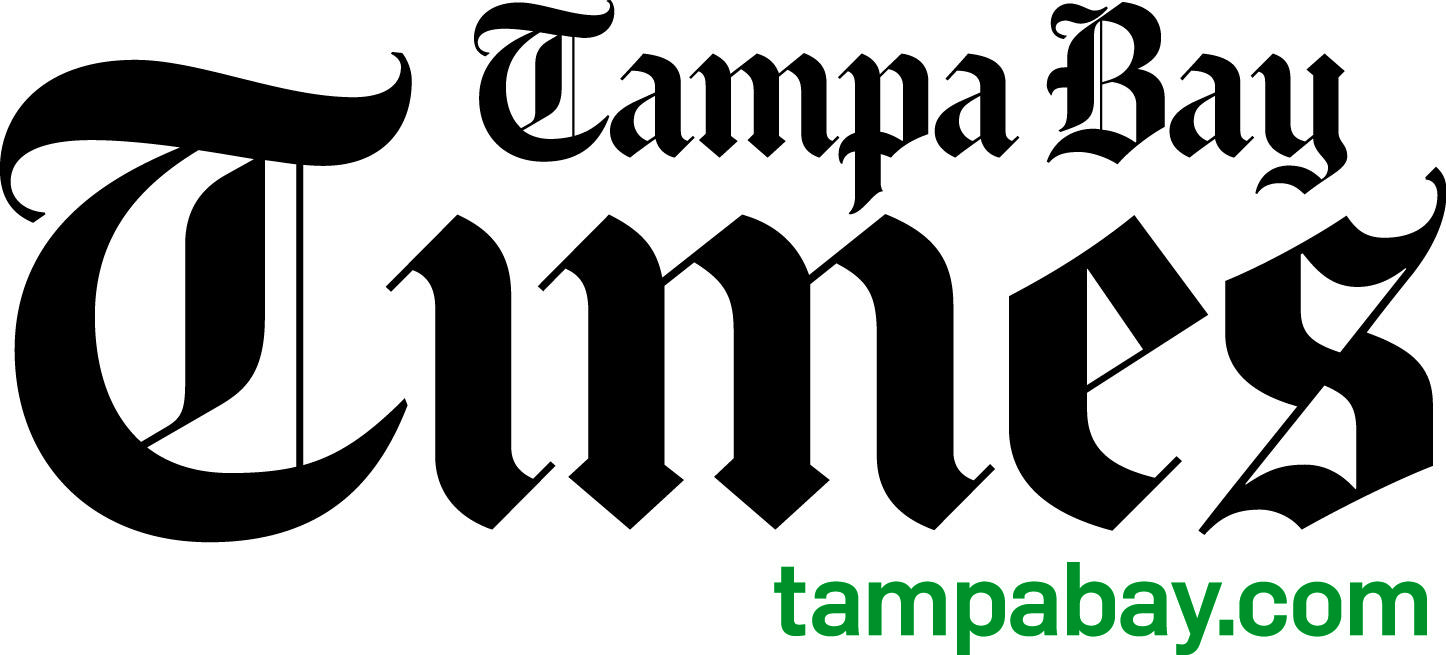WASHINGTON — Before “fake news” became a buzz phrase worldwide, Cristina Tardáguila founded Brazil’s first fact-checking news agency in 2015 to combat the rise of what she feared could become a global threat of out-of-control disinformation.
Now, she continues doing the same from St. Petersburg.
“I like saying I discovered ‘fake news’ before (former President Donald) Trump,” Tardáguila said in Portuguese.
Since Agência Lupa (in English, Magnifying Glass Agency) was born in November 2015, Brazil has experienced an array of events in which fact-checking was much needed. They include the impeachment of President Dilma Rousseff in 2016, as well as the years-long Operation Car Wash, the largest anti-corruption effort in the world and the election of far-right President Jair Bolsonaro in 2018. All these episodes led the sixth most populous country in the world to now rank 108th out of 180 countries in the World Press Freedom Index compiled by Reporters Without Borders. When Tardáguila started Agência Lupa, Brazil ranked 98th.
“It was a succession of chaotic episodes from a political and informative perspective,” Tardáguila said. As a result of the never-ending work, the journalist saw Agência Lupa expand from a four-person newsroom to a national team of 16 people.
“It seems like we don’t understand the role journalists play in Brazil or what they produce,” said Tardáguila, 40, who has worked in journalism for decades. “Brazil for a long time now has forgotten that when you have a dental problem, you go to the dentist, when you have a heart problem, you go to the cardiologist. So when you have an information problem, you should go to a journalist. At some point this disconnection has happened.”
The idea for the agency came after Tardáguila met the head of Latin America’s first fact-checking organization, Argentina-based Chequeado. “I realized the largest country in Latin America still didn’t have a fact-checking project,” she said.
Differently than other fact-checking organizations around the world, Agência Lupa follows a business model like that of a news service. Instead of simply corroborating facts, the agency uses the information cleared by the fact-checkers to produce news stories that it sells to publications.
Realizing that the agency’s effort would not be enough to stop the spread of disinformation in Brazil at such a crucial political moment, in 2017 Tardáguila launched LupaEducação. This educational branch of the organization focuses on training the next generation of Brazilian fact-checkers. As of July 2020, the program had trained more than 7,000 people.
“I had this realization that Brazil had 200 million inhabitants and not even 50 fact-checkers,” she said. “I haven’t seen any media organizations in Brazil that have this educational approach. We’re training people to do exactly what we do. That is, we want more competition.”
Tardáguila’s efforts to combat disinformation led her to be invited, in 2018, to serve as the associate director of the International Fact-Checking Network, a global network of fact-checkers based in St. Petersburg.
Born in 2015 at the Poynter Institute for Media Studies, the non-profit is focused this year on the teaching and research of journalism and has been nominated for the Nobel Peace Prize for its work fighting disinformation worldwide. (The Poynter Institute also owns the Times Publishing Company, which publishes the Tampa Bay Times.)
She is leading the global fight against disinformation at a crucial moment both in the U.S. and in her home country. After three years in Tampa, Tardáguila said that as she has seen the rise of disinformation in America, she sometimes feels like she is “coming from the future” to witness history repeating itself.
“I’ve seen this happen before somewhere else and all of a sudden it’s happening in the U.S.,” Tardáguila said. “I follow the situation in different parts of the world, but this proximity between the problems both Brazil and the U.S. face is impressive. And the debates are identical.”
The pandemic, Tardáguila said, has only intensified the level of disinformation the world is currently experiencing. That is why IFCN launched the #CoronaVirusFacts Alliance in January 2020, when the virus had not become a global threat yet. The initiative brings together more than 9,000 fact-checkers in over 70 countries and has gathered $2 million in support from WhatsApp and Facebook.
“We need to stop thinking we have a monopoly on the truth,” Tardáguila said. “Especially during the pandemic, how is it that everyone has become a specialist on vaccines, on the virus, on masks? Everyone now is so sure about everything.”
“We need to go back to a time in which we had questions,” she said.

